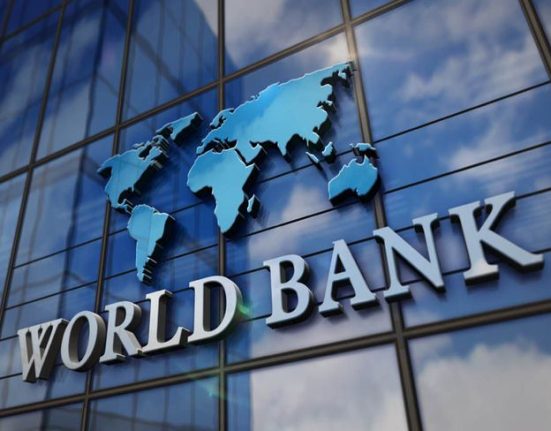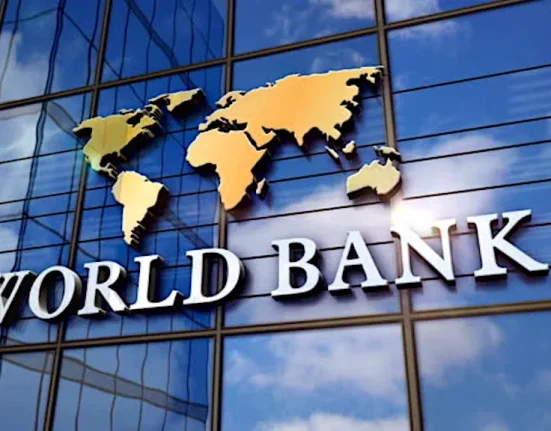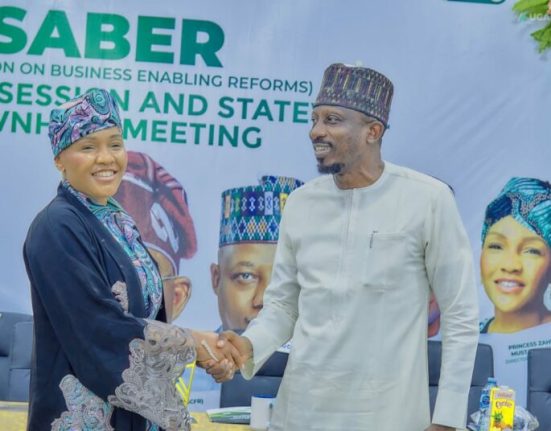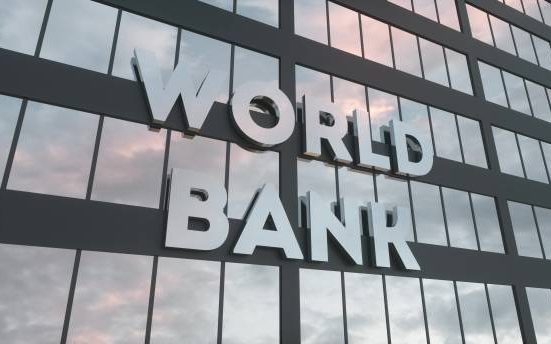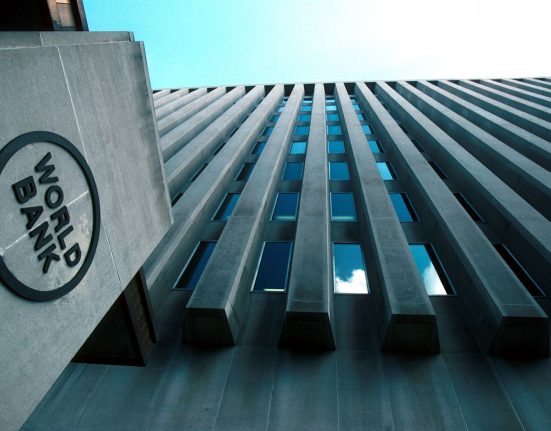In a significant move aimed at strengthening the health sector and expanding access to quality medical services at the grassroots, the Kano State Government, in collaboration with the World Bank, has committed a total of N24 billion towards the comprehensive upgrade of primary healthcare centres (PHCs) across the 44 local government areas of the state.
The intervention, which is expected to drastically improve service delivery and infrastructure in the state’s healthcare system, comes under the Nigeria COVID-19 Action Recovery and Economic Stimulus (N-CARES) programme — a World Bank-supported initiative designed to cushion the socio-economic impact of the pandemic and enhance public service delivery in critical sectors, including health, agriculture, and social protection.
Governor Abba Kabir Yusuf, while speaking during a high-level stakeholder meeting in Kano, described the partnership as a timely and strategic response to the pressing health challenges facing rural and underserved communities in the state. He reaffirmed his administration’s commitment to prioritising the well-being of citizens by ensuring that every ward has access to a functional, well-equipped, and adequately staffed health facility.
According to officials from the Kano State Ministry of Health, over 400 primary healthcare centres have been earmarked for rehabilitation and equipping under the initiative. The scope of the intervention includes renovation of dilapidated structures, provision of medical equipment, clean water supply, solar-powered electricity, and recruitment of qualified health workers to bridge the gap in manpower, particularly in rural areas.
The Commissioner for Health, Dr. Abubakar Yusuf, noted that the collaborative funding effort is part of a broader plan to reduce maternal and child mortality, increase immunisation coverage, and improve disease surveillance and response mechanisms. He stressed that the state government has already released counterpart funding as required under the World Bank arrangement and that implementation will follow strict transparency and accountability measures.
Health experts and civil society organisations have lauded the development, describing it as a step in the right direction. They noted that access to quality primary healthcare remains one of the major challenges in northern Nigeria, where poor infrastructure, shortage of trained personnel, and limited resources have hampered effective service delivery for decades.
Kano State, with an estimated population of over 20 million people, has long grappled with pressure on its health system, particularly in rural communities where many residents rely solely on public facilities for basic medical needs. The state’s renewed focus on revitalising the primary healthcare system is expected to ease this burden and ensure that essential services such as antenatal care, immunisation, malaria treatment, and health education are brought closer to the people.
The World Bank’s involvement, according to development analysts, not only brings financial muscle but also technical expertise that could help institutionalise reforms and ensure sustainability of the intervention even beyond the life span of the project.
If implemented effectively, the N24 billion investment could signal a turning point in Kano’s healthcare trajectory, potentially transforming the quality of life for millions and setting a model for other states to emulate in addressing the long-standing gaps in primary healthcare delivery.


